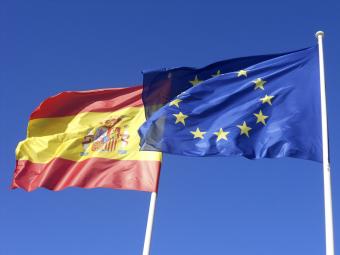International Organizations
International Organizations
Recent Activity
Commentaries
February 2017
Eager to emulate the success of an EU-Turkey deal that has helped sharply reduce crossings into Greece, the European Union is exploring similar partnerships with transit countries along the North African coastline. But as this commentary explores, these prospective deals with Libya and other governments may be built upon unstable foundations and come with inherent complexities, possible risks for North African partners, and moral and other hazards for the European Union.










A Game of Chess, Not Tennis: Unraveling the Rights and Status of “Brexpats”